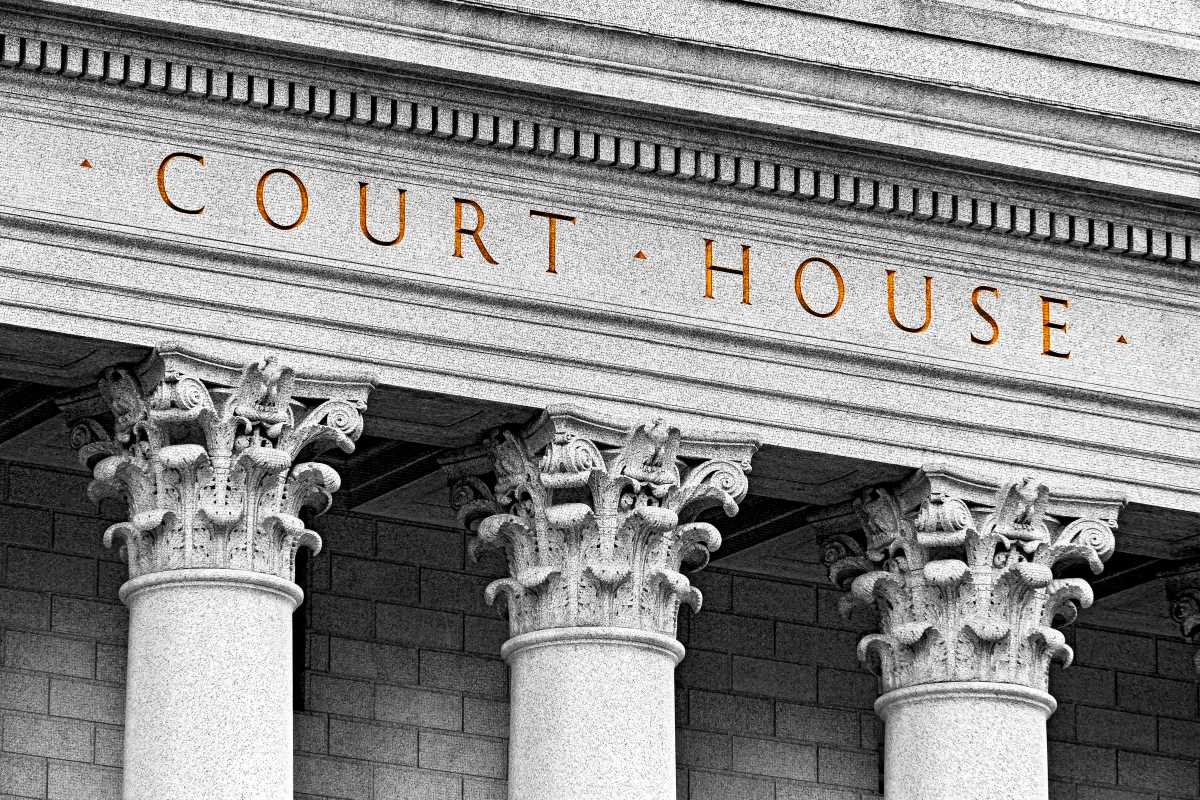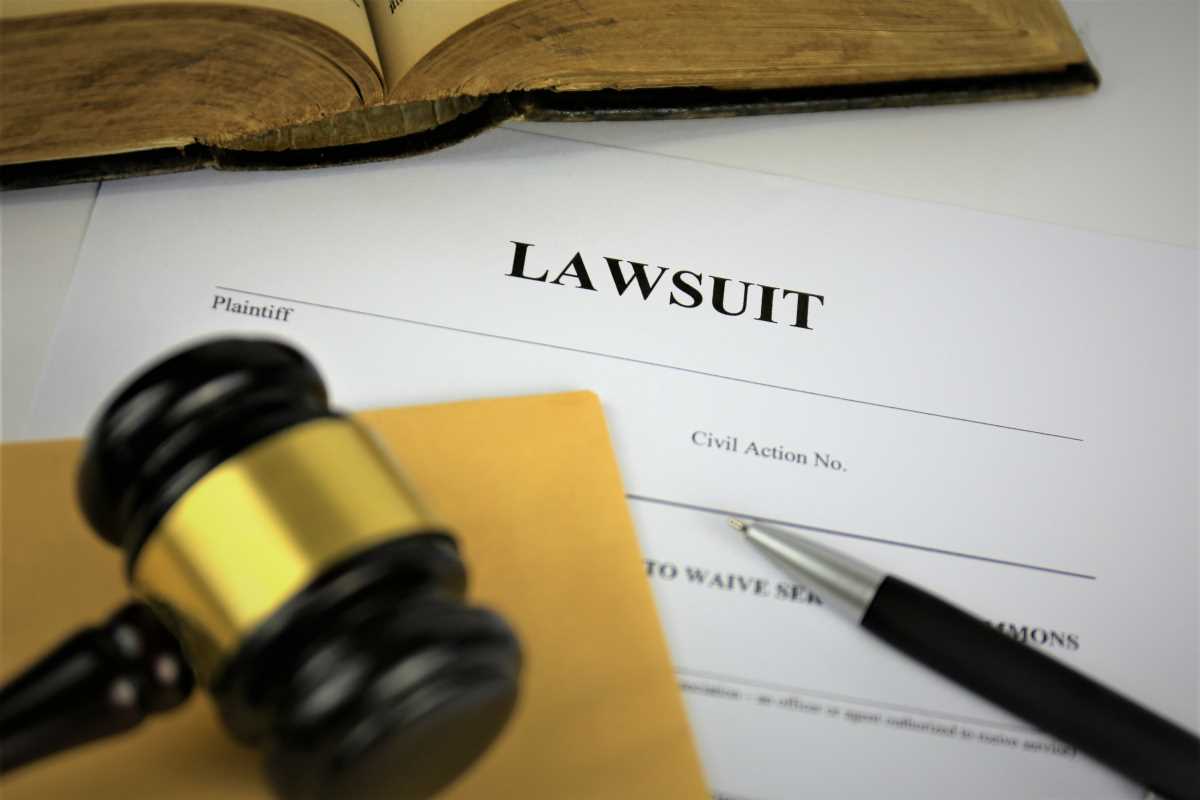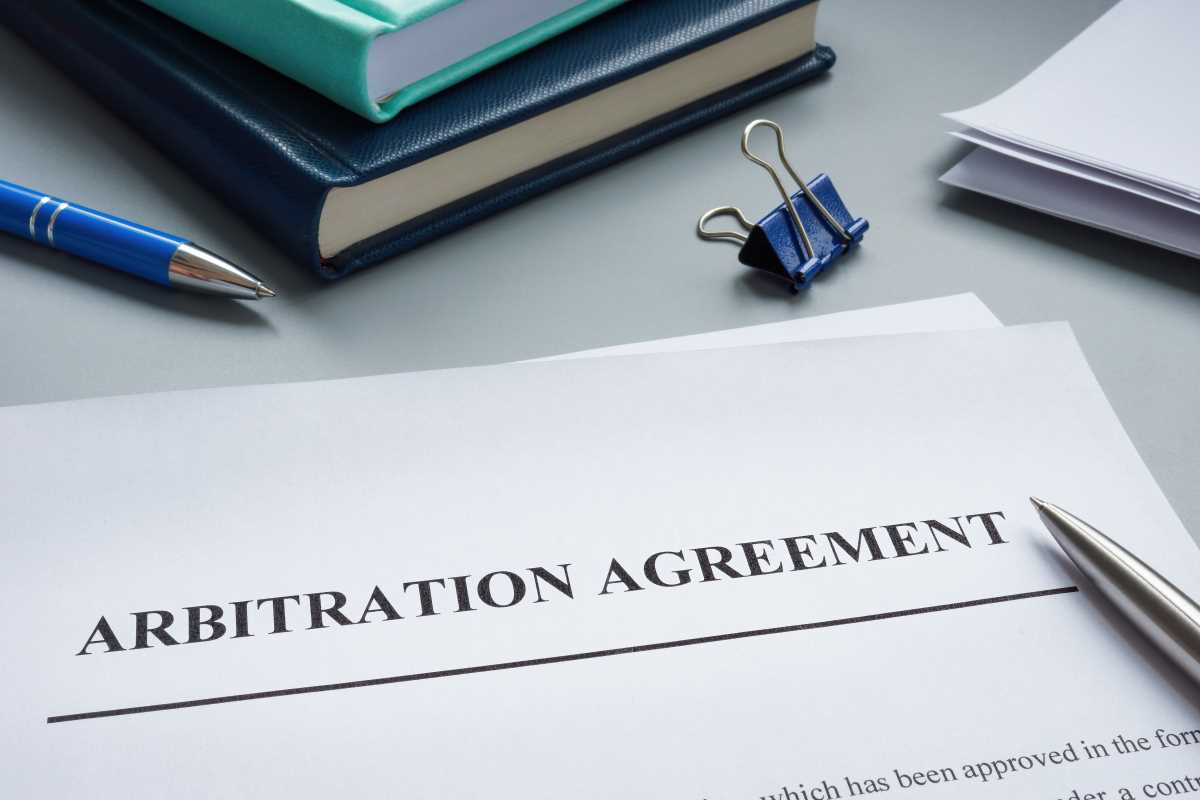Hiring a lawyer is an important decision that can have a significant impact on the outcome of your case. Whether you're dealing with a personal matter, business issue, or legal dispute, having the right lawyer by your side can make all the difference. In this article, we'll walk you through the key questions to ask when hiring a lawyer, ensuring that you find someone who is experienced, reliable, and aligned with your needs.
Navigating the legal world can be intimidating, especially if you’re not familiar with legal terminology or the procedures involved. Whether you are dealing with a criminal charge, a business contract, a family issue, or a personal injury case, hiring the right lawyer can make the entire process smoother. A lawyer can help you understand the law, present your case in the best possible way, and ensure your rights are protected.
However, with so many lawyers available, how do you know which one is right for you? The process of selecting a lawyer is not one-size-fits-all; it requires careful consideration of a variety of factors. Asking the right questions before hiring a lawyer is crucial to ensure you’re making an informed decision.
1. What is Your Area of Expertise?
One of the first and most important questions to ask any lawyer is about their area of expertise. Lawyers often specialize in particular areas of law, and it's essential to ensure that the lawyer you hire has experience handling cases similar to yours. For example, if you're dealing with a divorce, you'll want a lawyer who specializes in family law, not one who focuses on criminal defense.
Many areas of law require specialized knowledge. Common specializations include:
- Criminal law
- Family law (divorce, child custody, etc.)
- Business law (contracts, intellectual property, etc.)
- Personal injury law (accidents, medical malpractice, etc.)
- Employment law (discrimination, wrongful termination, etc.)
By hiring a lawyer with experience in your specific legal issue, you increase the chances of achieving a successful outcome.
2. What Are Your Qualifications?
It’s important to ask about a lawyer's qualifications to ensure they are well-suited to represent you. Every lawyer must have completed a law degree and passed the bar exam to practice law in their jurisdiction. However, beyond these basic qualifications, you should inquire about additional credentials that may make the lawyer more experienced or competent in handling your case.
Consider asking:
- Where did you attend law school?
- How long have you been practicing law?
- Do you have any special certifications or recognitions in your area of expertise?
A lawyer's experience and education will help you assess their ability to handle your case effectively.
3. How Much Will Your Services Cost?
Legal fees are an important consideration when hiring a lawyer. Understanding how a lawyer charges and what the costs will be helps you avoid any financial surprises. Lawyers typically use one of several fee structures, such as:
- Hourly rates: The lawyer charges a set hourly rate for the time they spend working on your case.
- Flat fees: A fixed amount is charged for a specific service (e.g., drafting a will, filing a divorce).
- Contingency fees: Often used in personal injury cases, where the lawyer receives a percentage of the settlement if you win the case.
- Retainer fees: An upfront fee that is used to cover the costs of the lawyer’s services as they work on your case.
Be sure to ask for an estimate of how much your case might cost, including any additional fees for court costs, filing fees, and other expenses. Also, ask about payment plans if you’re concerned about the cost.
4. Have You Handled Cases Similar to Mine?
A lawyer's experience with cases similar to yours is crucial. While many lawyers have the basic skills to handle any legal issue, the specific nature of your case may require special knowledge or expertise.
For example, if you're involved in a personal injury lawsuit, it's essential to choose a lawyer who has a proven track record in handling personal injury claims. Likewise, if you're starting a business, you’ll want a lawyer with experience in business law, contracts, and corporate formation.
Don’t hesitate to ask the lawyer about past cases that are similar to yours. Ask about the outcome of those cases and how the lawyer handled any challenges that arose. A lawyer with relevant experience is more likely to provide strong representation and achieve a favorable result.
5. What Is Your Strategy for My Case?
Every legal case is different, and your lawyer should have a clear strategy for how to handle your particular case. Ask the lawyer to explain their approach, from the initial consultation to the final resolution. This helps you understand the process and ensures that you are comfortable with how the lawyer intends to handle your case.
For example, in a criminal case, the lawyer may explain whether they plan to negotiate a plea deal or take the case to trial. In a civil case, the lawyer might discuss how they plan to gather evidence or how long they expect the process to take.
While it’s impossible to predict the exact outcome of a case, a good lawyer should be able to outline a clear, logical plan for how they will pursue your best interests.
6. How Will We Communicate?
Communication is essential throughout the legal process. You’ll want a lawyer who is responsive and keeps you informed about the progress of your case. Ask the lawyer how they prefer to communicate (e.g., email, phone calls, in-person meetings) and how often you can expect updates.
It’s also important to clarify how quickly you can expect a response when you have questions. Some lawyers may be more available than others, and it’s crucial to have clear expectations about how and when you can reach them.
Additionally, ask whether you will be communicating directly with the lawyer or if you will primarily deal with their paralegals or assistants. While support staff can be helpful, it’s vital that you have access to the attorney when needed.
7. What Are the Likely Outcomes of My Case?
While no lawyer can guarantee a specific outcome, an experienced lawyer should be able to provide a general idea of what to expect. Ask the lawyer for their honest opinion on the strengths and weaknesses of your case, as well as any potential challenges you may face.
They should be able to outline the possible outcomes based on their experience with similar cases. This helps you understand the likely path forward and prepare for different scenarios. While it's impossible to predict the outcome with certainty, a seasoned lawyer will be able to offer an educated perspective.
8. What Is Your Availability?
Understanding the lawyer's availability is crucial, especially if you're dealing with a time-sensitive issue. Some cases require immediate attention, such as criminal defense, while others may allow more time for preparation.
Ask the lawyer about their current caseload and how much time they can devote to your case. A lawyer who is overly busy may not be able to dedicate enough attention to your needs. On the other hand, if a lawyer has a lighter caseload, they may be able to focus more on your case.
9. Can You Provide References?
Before hiring any professional, it’s always a good idea to ask for references. Lawyers should be willing to provide references from previous clients who can speak to their ability to handle cases effectively.
In addition to references, you can also check online reviews, ratings, or disciplinary records. Websites like Avvo, Martindale-Hubbell, and your local state bar association’s website can provide valuable information about a lawyer’s reputation and history.
10. What Happens If I’m Not Satisfied with Your Services?
It’s essential to have a clear understanding of what happens if you’re not satisfied with the lawyer’s performance. Ask about the lawyer’s policies on client dissatisfaction, communication, and case management. Some lawyers may allow you to switch to a different lawyer or may offer solutions to resolve any issues you encounter during the process.







